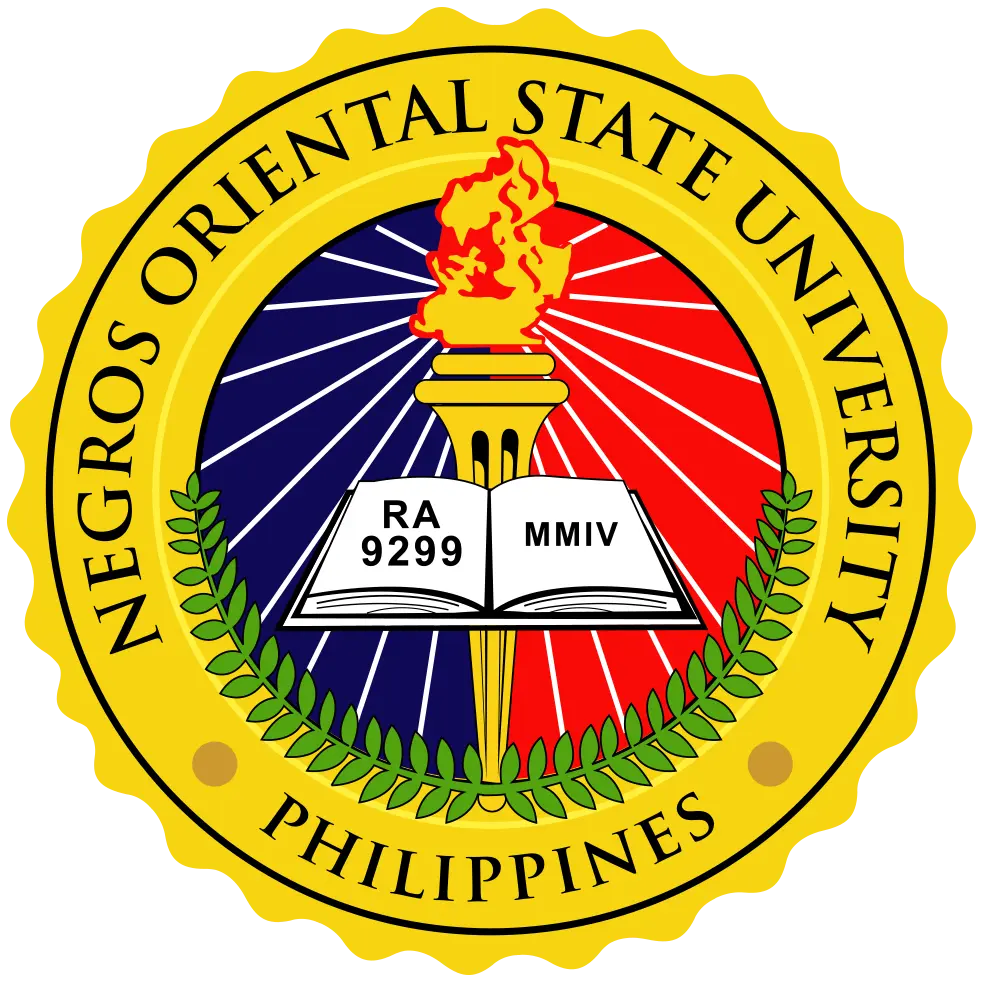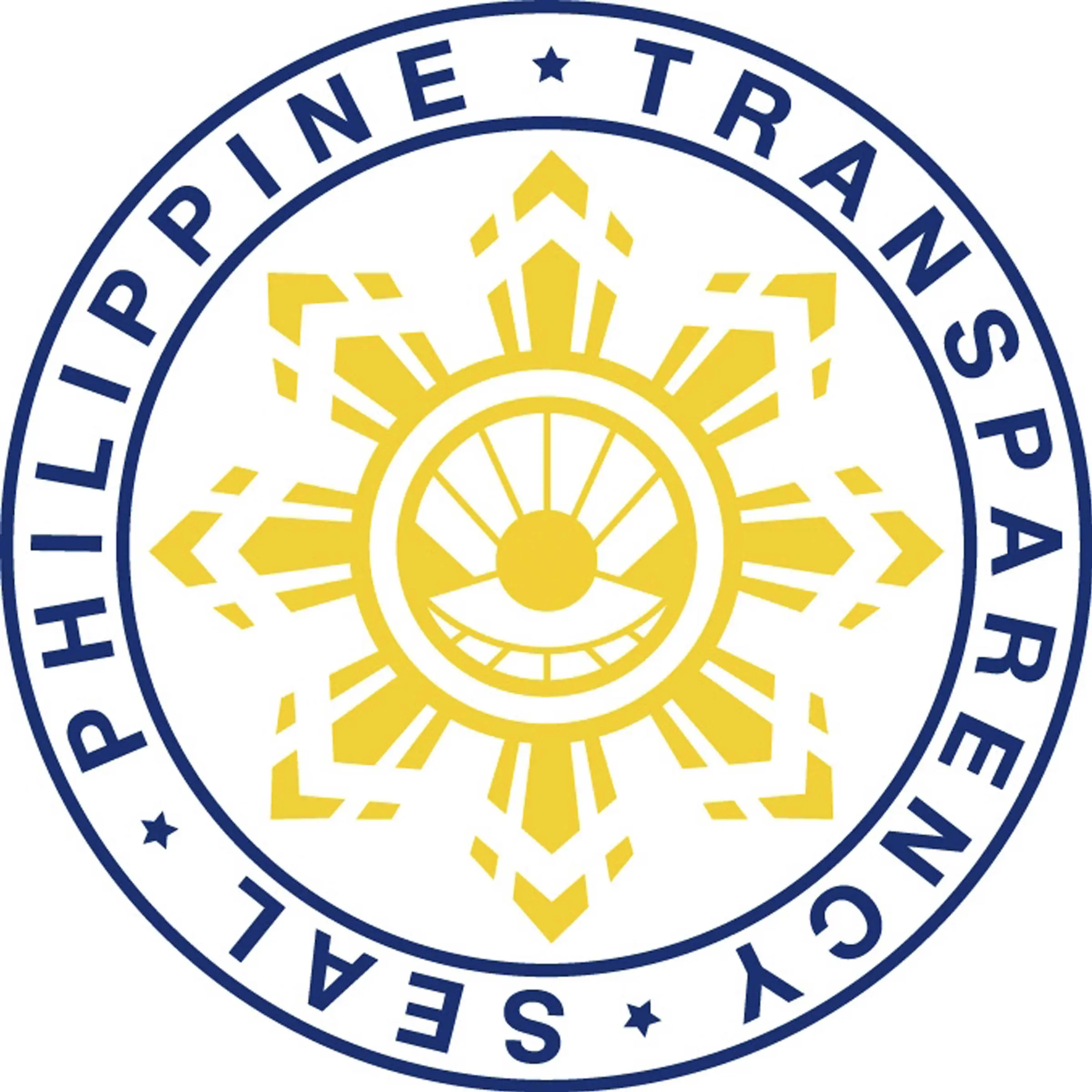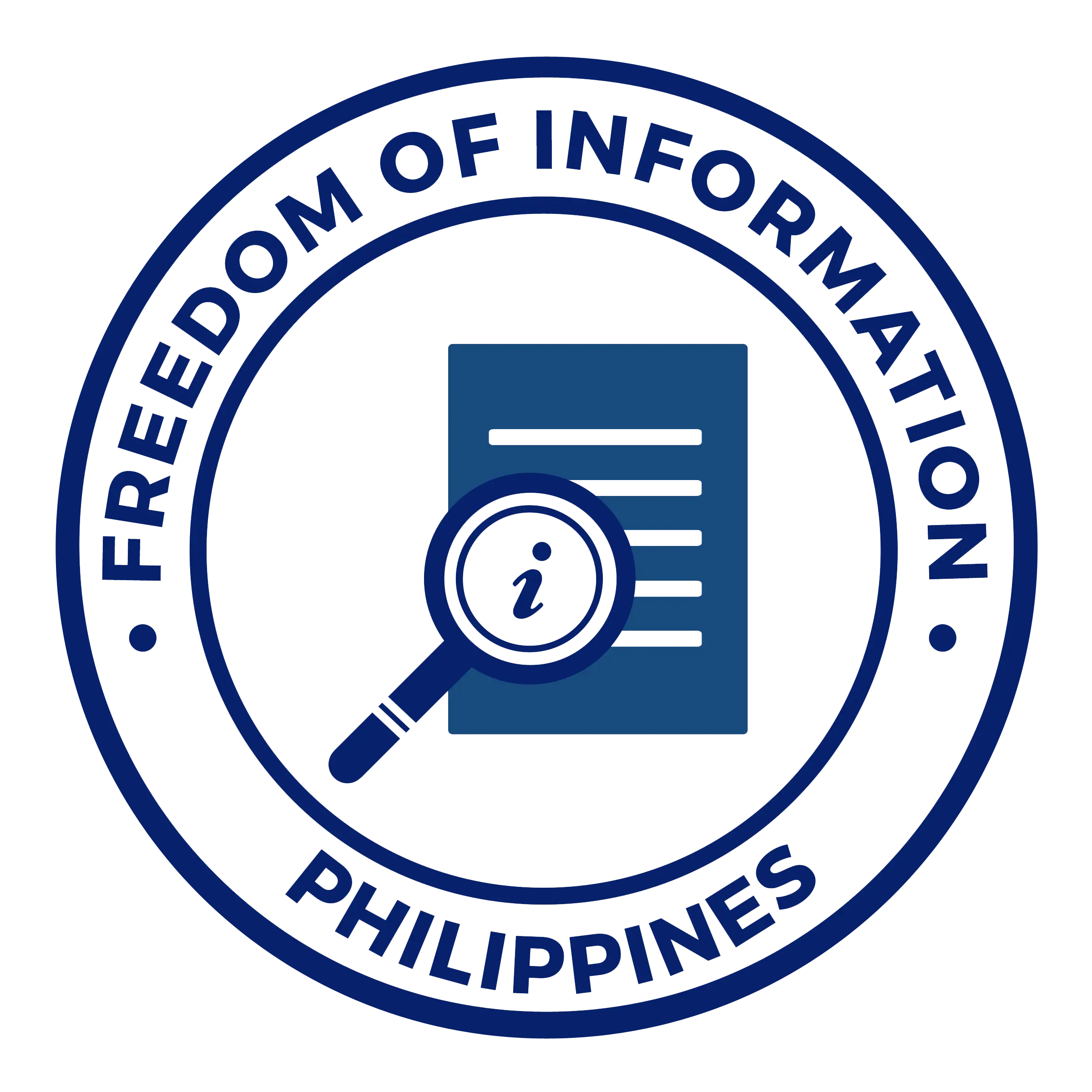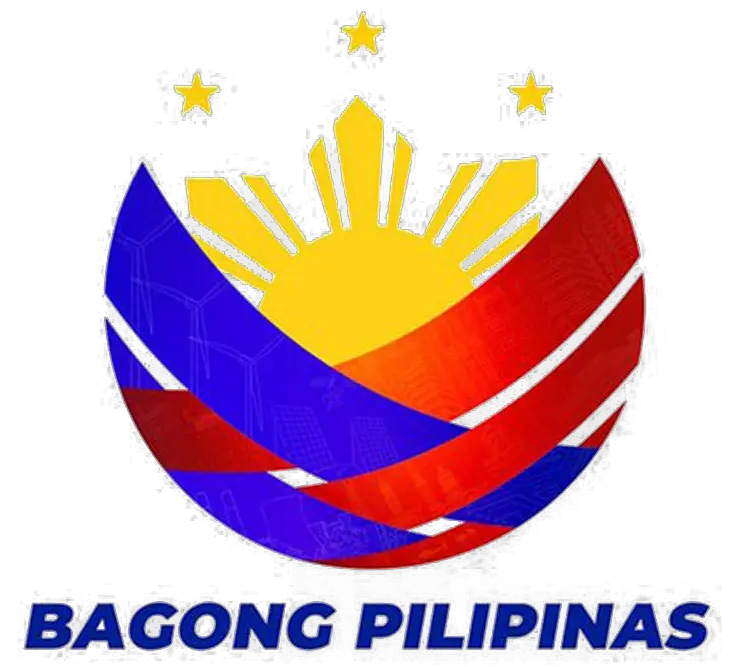
Bachelor of Science in Computer Engineering incorporates several fields of electrical engineering and computer science which the students is required to develop computer hardware and software design. This course does not only focus on how computer systems themselves work, but also on how they integrate into a larger picture.
They are also suited for robotics research, which relies heavily on using digital systems to control and monitor electrical systems like motors, communications, and sensors.
Program of Study
Faculty
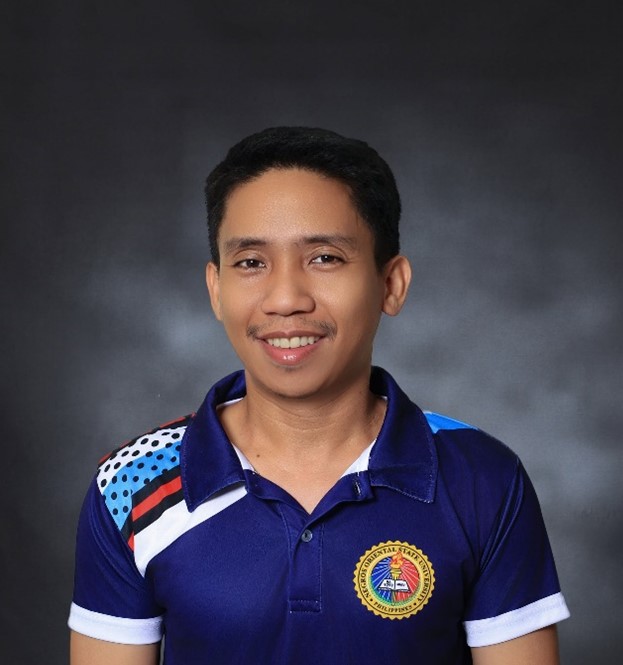
Dr. DON C. OPADA
Chairman
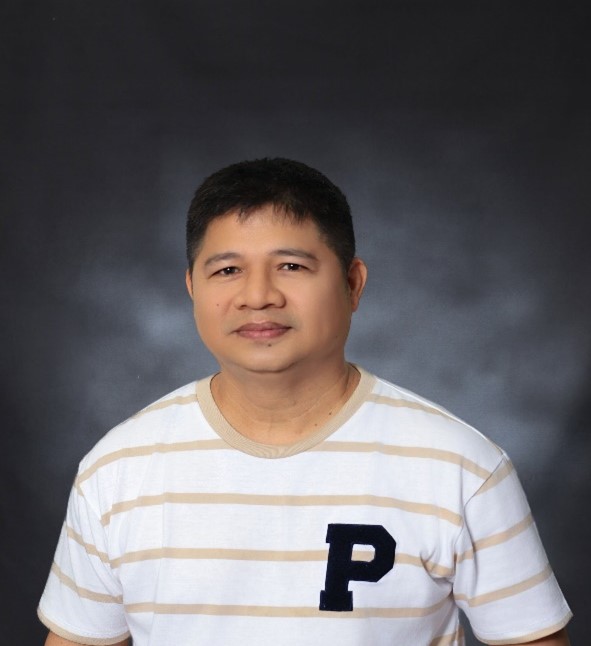
Engr. TELESFORO M. ABA JR.
Faculty
